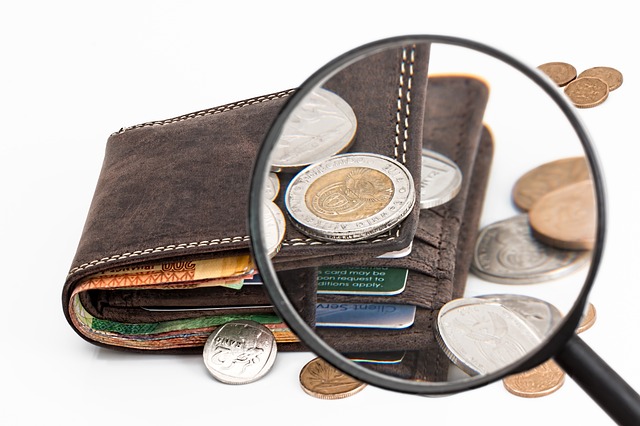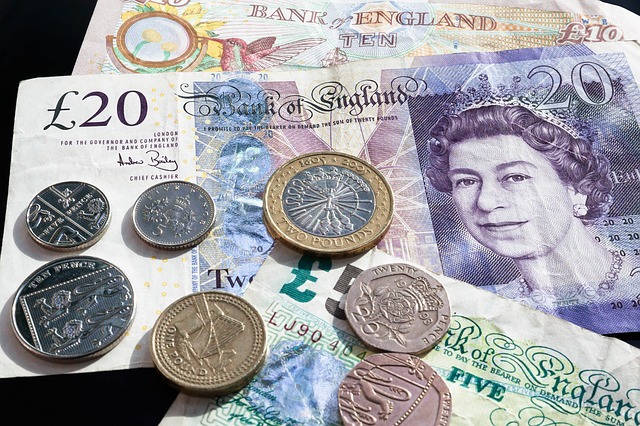Setting up a family budget isn’t exactly the most exciting thing in the world, but it’s an important part of making sure that you and your loved ones are ready to tackle any financial challenges that may lay ahead.
A family budget takes all your expenses into account, and asks everyone – including the kids, to do their part in making sure that you can save towards a better lifestyle. While there’s no one-size-fits-all strategy for designing the ideal budget for your family, the following tips can improve your chances of establishing a plan that really works.
Get Everyone Involved from the Beginning
As you probably already know, any great budget starts with working out how much money you have coming into your household each month, and how much you have going out. When you’re doing this, make sure that you invite everyone in your immediate family to get involved in the experience. Ask your kids how much they think you spend on food and rent each month. Not only will this help them to see just how important money is to your day-to-day lives, but it will also mean that they take each payment more seriously.
The quicker you start teaching your kids about money, the more likely they’ll be to pick up good habits that they can take with them throughout the rest of their lives. What’s more, kids will appreciate being kept in the loop.
Have a Goal in Mind
Budgeting is never a fun experience. After all, most of the time it means that you have to cut back on the things you like, just to make sure that you have a little money left over after you’re finished paying all of your regular monthly bills. The best way to make sure that you don’t give up on your budget straight away is to set a goal that you and your entire family can work towards.

If you can see a tangible reward waiting somewhere in the distance, then the concept of giving up your weekly pizza night might not seem as upsetting. Make sure that everyone can see the value of the goal you choose too. For instance, if you’re saving for a bigger house, sell the idea to your kids by helping them to imagine your new garden, or how big their new bedrooms will be.
Commit to Paying Off Debt as Quick as Possible
While there’s a good chance that you’ll want to start saving towards your goal as soon as possible, it’s important not to forget about the importance of paying off your debts first. The longer you simply ignore those huge credit card bills and personal loan expenses, the more your interest rates will build up, so that you end up paying more in the long-term. The faster you get rid of your debts, the more money you’ll save that you can put towards your long-term goals. Sometimes, even consolidating your debts so you can switch to a different, low-interest monthly repayment can be enough to make budgeting easier for your family. Loan comparison sites like Readies.co.uk can help with this.
Be Strict, but Give Yourself a Buffer
For many families, great budgeting means walking a fine line between forcing yourself to stick to your rules and giving yourself a break at times. For instance, you might tell yourself that you can only spend a certain amount of money each month, but what happens if your washing machine suddenly breaks? With kids to look after, laundry will quickly pile up if you don’t get a repair or replacement sorted out pronto.
By giving yourself a buffer, you’ll make sure that you’re not tempted to quit completely every time your budget doesn’t go according to plan. While you shouldn’t be using that buffer money on frivolous expenses, it’s good to know that it’s there in case you need something in an emergency.
Anticipate Expenses and Pay in Cash
Finally, when you’re going out to the supermarket or anywhere else where you plan on spending money, try to anticipate how much money you’re going to need and take only that amount with you in cash. This will help to make sure that you don’t add extra things to the shopping cart that you don’t really need. While you can always take some plastic money with you just in case the price of a certain item has gone up, try and forget about it unless it’s essential.

Not only will paying in cash help to keep your expenses on track, but it will also mean that you take each expense more seriously too. It’s all too easy to overspend when you don’t actually have to hand any physical money over to a cashier.

